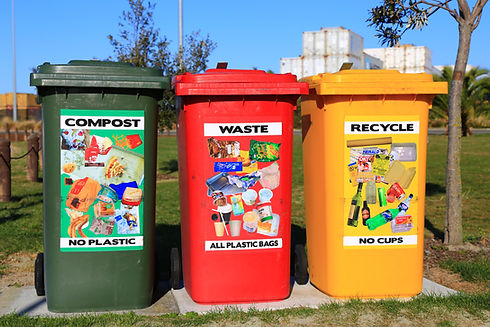
Food waste
Food waste in countries with high or low GDPs varies significantly not only in real numbers but where waste happens.
The regions that waste food most in order of volume are North America & Australia/New Zealand, Europe/Russia, and East Asia.
Much of the food waste in wealthier countries occur at the consumer level.
In comparison, lower GDP countries lose food at the production stage due to inefficient or inadequate facilities, logistics, and agricultural management.
In economic terms, higher GDP countries waste about $680 billion in food waste per year compared with $310 billion in developing countries.
What you can do
Here are some small efforts that add up.
What others have done
Japan has a serious food waste problem so the country formed a national food bank, Second Harvest. Edible food is rescued from grocery stores and other retailers and distributed to those in need. The food recycling law aims to divert food waste to composting centres for animal feed and energy.
The Korean Capital, Seoul, implemented a regulation for citizens to pay recycling fee for food wasted. Through special Bins which record and weigh food waste, citizens dump their waste and are charged. Equally they are charged for disposing food waste in special garbage bags. Since 2016 this has had a rapid decline in the amount of food wasted.
In Brazil people in the community have acted to educate and bring attention to the food waste. One such NGO Gastromotiva in Rio de Janeiro have been fighting food waste, empowering youth and training students to cook. Donated food is repurposed into meals feeding upto 100 people daily who are in need of nutrition. Women in communities like alternative cooking instructor, Deisa Rosa, teach children and communities in Vicente de Carvalho how to cook in a sustainable way from food that is donated. She is teaching to promote change and respect the food.

A checklist
Many countries expect households to separate their waste into dry and wet. If you have land or garden, consider composting the wet vegetable waste.
For dry waste such as packaging, have a weekly challenge with yourself or family to see how much you can reduce waste in your bins including the recycling one. When you shop buy things in paper packing instead of plastic.
Use the 9 R framework on the Concept page.
Call for change
You can also check how the waste management company is processing waste locally.
Many poorer countries have been used as dumping grounds for wealthier countries' waste.
A simple challenge at home should hopefully influence how you shop and help prevent local and global environmentally dangerous waste dumps. Once again saving money.
